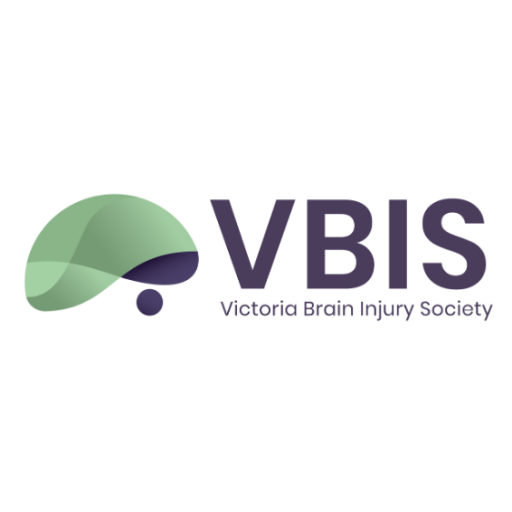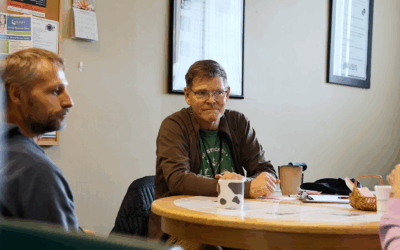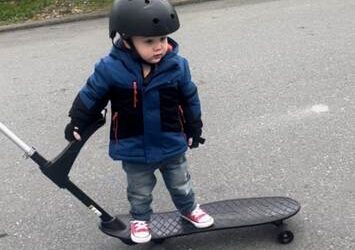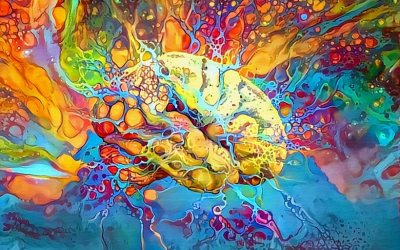Brain injury awareness month in June has come and gone, but the challenges faced by survivors will persist year-round.
30 days each year is not nearly enough time to address the misunderstanding surrounding acquired brain injury. Failure to respond to this problem has dire consequences for the health of survivors, and for society in general. Statistical research has shown that higher rates of incarceration, homelessness, substance abuse and poverty are all linked to brain injury.
In order to address the public’s lack of awareness, VBIS initiated a new campaign titled Faces of Brain Injury. The campaign will help survivors tell their stories and illuminate their experiences with stigma. Faces of Brain Injury culminates in a soon-to-be-released documentary showcasing the lives of five brain injury survivors. The film will premier at VBIS’s Annual General Meeting on September 13th. During the creation of the film, I had the opportunity to sit down one-on-one with 11 VBIS clients.
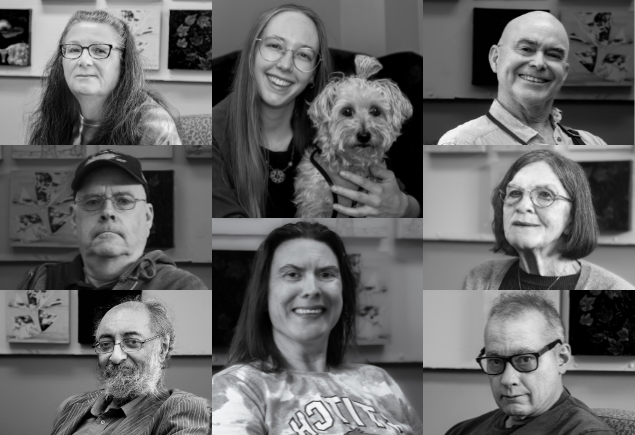
Each client I spoke with had a unique story to tell, but everyone had been harmed by stigma in one way or another. Lucille, who has sustained multiple head injuries, expressed frustration at the way some people “take advantage of her.” Like many other survivors, Lucille cannot always process information quickly and has trouble getting her thoughts out. Sadly, some people take this as an opportunity to mistreat rather than help her. “It feels like I’m prey, and they’re preying.”
Deemed an “invisible injury”, the symptoms of concussion, stroke, and other acquired brain injuries (ABIs) often go unnoticed by the average person. Trouble with memory, depth perception, processing language, and sensitivity to light and movement can all create challenges for survivors, but are not always outwardly apparent.
In her interview, Marcia explained how even going to the grocery store is a daunting task. “I just get so overwhelmed…it feeks like the world is closing in around me.” A simple chore for the abled can become a stressful and “nauseating” experience. Lacking any obvious signifiers, Marcia said that people aren’t always patient with her. Head injuries are commonly downplayed or dismissed by the abled world because their symptoms are not easy to identify. Basic courtesies offered freely to those with visible injuries are often withheld from those with ABIs.
Alan, who had a stroke at 51, began carrying a cane primarily for this reason. “People don’t give you much slack if you’re slow. The cane is a signal to other people that I don’t walk so well.” However, not everyone with a brain injury requires a cane, and many survivors do not have an efficient way of letting others know about their injury. Krista decided to get a therapy dog to help alleviate her symptoms and as a way to let people know about her injury. Her condo building, however, did not allow pets. After explaining her need for the animal, one of the strata members told Krista to “stop playing the victim.” She was understandably furious. Like many others, Krista has struggled to convince people of the massive impact her ABI has on her wellbeing.
“I tell people I have a brain injury and they say, “well you look fine” … it’s so invalidating.”
For survivors, the prospect of asking for help and having to explain their injury is distressing. Brain injury survivors don’t want special treatment, and they certainly don’t want to play the victim. They just want the same level of compassion offered to those with an obvious injury or ailment. They also want to challenge the notion that they are inferior or incompetent. Chandar, a Ph.D. recipient, published author, and historian who had a stroke shortly after he was born, had this to say:
“We don’t want to be looked at any differently, we do things our own way, but we get the stuff done that we need to get done. All we ask is for some real help and empathy.”
One way to help reduce the stigma experienced by survivors is to increase public awareness — and not just for one month of the year. Educational programs in schools, workplaces, and the community could improve the level of understanding around brain injury. The aim would be to dispel myths and misconceptions about brain injury and challenge the stereotypes about brain injury survivors. While these programs will not teach people to see something that is invisible, they will serve as a reminder. As Robin Williams said, “Everyone you meet is fighting a battle you know nothing about. Be kind. Always.”
